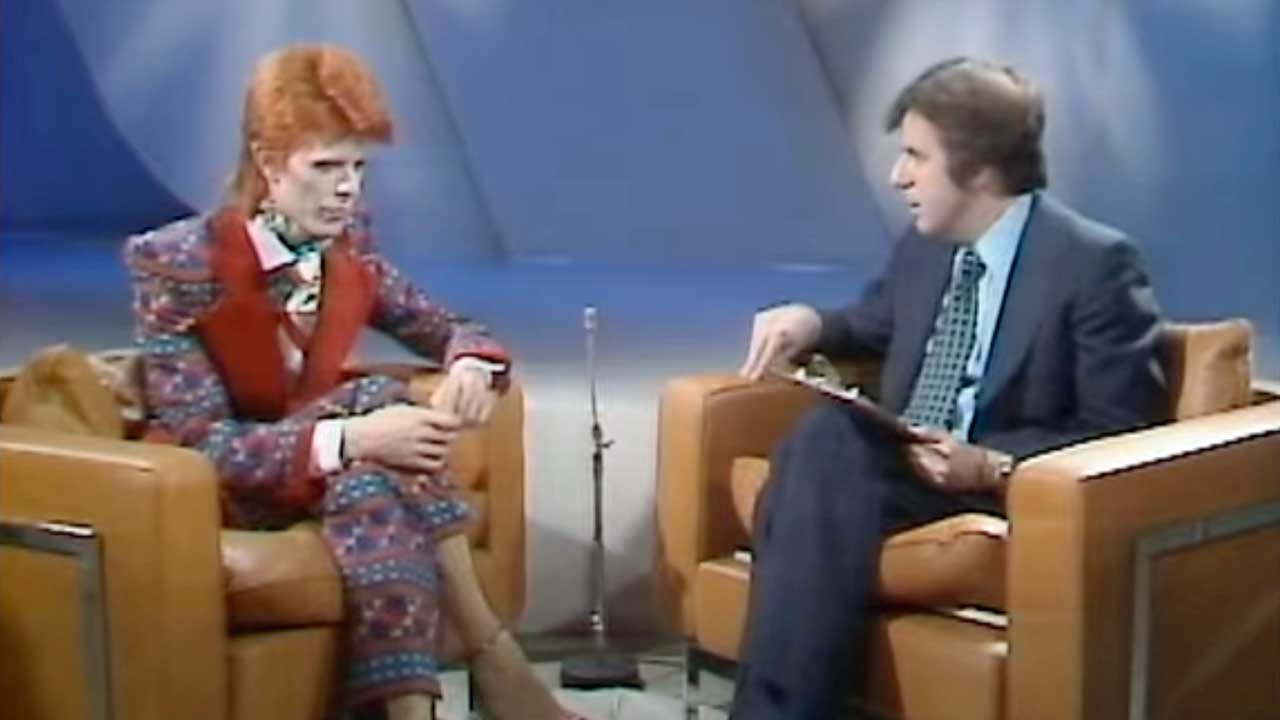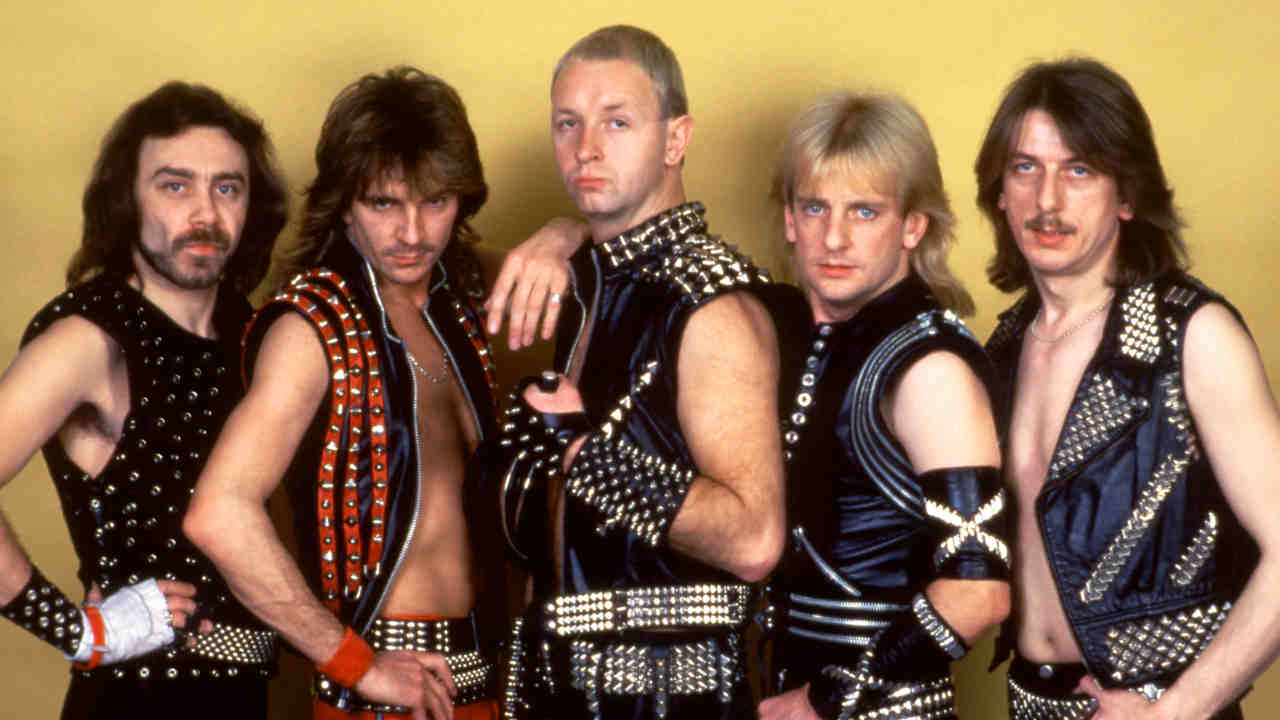Watch the historic interview that introduced the real David Bowie to the world
David Bowie was the name on everyone's lips in early 1973 - and then he did he first televised full UK interview

Annuses don’t get much more mirabilis than David Bowie’s 1972. At the start of that year, the artist formerly known as Davie Jones seemed to be a fading force, whose fourth album Hunky Dory had failed to chart on its initial release at the end of ’71. His sole previous hit, 1969’s Space Oddity, looked in retrospect like the work of a one-hit wonder.
But he had something special up his sleeve. Over the 12 months that followed, Bowie and his Ziggy alter ego would become the biggest pop phenomenon in Britain.
It also created a highly alluring mystique around David Bowie, an unknowable allure that made his appeal all the more magnetic.
By the time 1973 dawned, Bowie/Ziggy had been a regular fixture in the music press over the past year and radio had got in on the act too. Yet while televised performances on TV shows such as Top Of The Pops had spellbound viewers, incredibly, he hadn’t done a full televised interview in the UK before.
So his appearance on ITV’s Russell Harty Plus Pop chat show on 17 January was appointment viewing for every self-respecting pop picker in the nation.
It was also a sign that Bowie was being taken – at least a little bit – seriously by the arts establishment, seeing as Harty’s show was seen as the commercial channel’s answer to Michael Parkinson’s BBC flagship chat-a-thon.
Not that many Bowie fans would have cared too much. Apart from the thrill of seeing their hero playing new tracks live – Drive In Saturday from the forthcoming Aladdin Sane LP and a version of Jacques Brel’s My Death – it offered a rare opportunity to see him speaking off-stage and offering a glimpse of the unique mind that had brought Ziggy to life and would, in the years that followed, shapeshift into numerous new guises.
Sign up below to get the latest from Classic Rock, plus exclusive special offers, direct to your inbox!
At times Harty played to a pop-sceptic older audience, as if wary that no self-respecting broadcaster should be taking this juvenile pop lark too seriously, but every attempt at mild mockery was combatted with playful but cool insouciance. And in the end his subject was persuaded to offer some pretty interesting answers. For instance, when asked who the “real” David Bowie was, he told Harty, “I find that I am a person who can take on the guises of different people that I meet. I can switch accents in seconds of meeting somebody and adopt their accent.”
He added: “I’m a collector and I’ve always seemed to just collect personalities and ideas. I have a hotch-potch philosophy which is very minimal.”
He was grilled further about such diverse topics as religion (“I believe in an energy form, I wouldn’t like to put a name to it”) and obsessive fans: “It’s very sexy, I seem to draw a lot of fantasies out of people in the fan mail I get. A lot of it is awfully nice, asking ‘how’s your baby?’, ‘how’s your wife?’ and ‘what’s your mum’s name?’ but some of them are worth framing…”
Ultimately it would serve as a rare snapshot of an artist peaking creatively and culturally, and opening himself up in a way he wouldn’t do often again during his 1970s imperial phase. Indeed, when Bowie was interviewed by Harty once again in November 1975, via a Los Angeles satellite link, it was a very different encounter – the newly reinvented Thin White Duke seemed to be a couple of universes removed, both chemically and spiritually, from the cosy world of light entertainment back here on earth. But for a moment here, ground control seemed to make fascinating contact with Major Tom.
Johnny is a regular contributor to Prog and Classic Rock magazines, both online and in print. Johnny is a highly experienced and versatile music writer whose tastes range from prog and hard rock to R’n’B, funk, folk and blues. He has written about music professionally for 30 years, surviving the Britpop wars at the NME in the 90s (under the hard-to-shake teenage nickname Johnny Cigarettes) before branching out to newspapers such as The Guardian and The Independent and magazines such as Uncut, Record Collector and, of course, Prog and Classic Rock.

